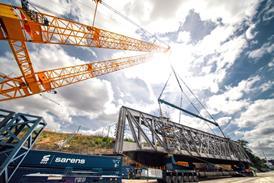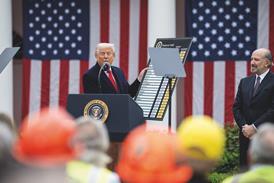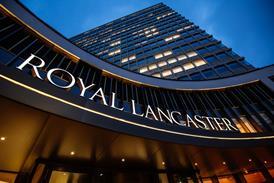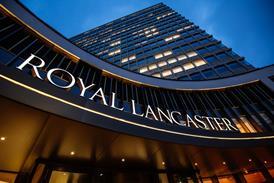March 19 - Antwerp is aiming to strengthen the port's competitive position on a world scale by developing activities globally, especially in growth regions with the potential to generate cargo for the port.
A new subsidiary Port of Antwerp International (PAI) has been created to implement this strategy succeeding the Antwerp Port Consultancy (APC).
"We see a great demand for effective support from a large number of countries. This can be an important leverage point for us to expand Antwerp's presence abroad. The promotion, training and consultancy activities carried out until now by APEC and APC play a significant role in making Antwerp known worldwide as an important centre of maritime know-how," says Yannick Dufraimont, director of PAI.
His colleague Nico Vertongen continues: "We believe it is logic to progress from training and consultancy to greater involvement in management support, for developing, operating or even investing in foreign ports or networks of ports. The most important foreland projects are actually an extension of our current activities, taking them to the level of implementation."
The Port Authority's board of directors has therefore given the go-ahead for converting the subsidiary APC to Port of Antwerp International. PAI will put the Port Authority's maritime foreland policy into practice by acquiring stakes in foreign port projects with a reliable rate of return, located in strategically important regions such as the Middle East, India, Sub-Saharan Africa and Brazil. For this purpose PAI will, in the next few months, recruit new people with economic and technical qualifications.
The foreland policy can create stronger commercial links between maritime regions and Antwerp, as well as raising Antwerp's name recognition and boosting its image, leveraging its know-how and supporting Antwerp port companies abroad.
"The landlord model basically remains our starting point for choosing the projects that PAI will carry out or the projects in which it will participate. For example, port management, consultancy, training, support for technical infrastructure projects, marketing etc." Yannick Dufraimont explains.
The partners in these collaboration projects may be public authorities (national or local port authorities), or private companies (port operators, shipping lines, consultancy firms, project developers etc.), or public/private combinations.
















